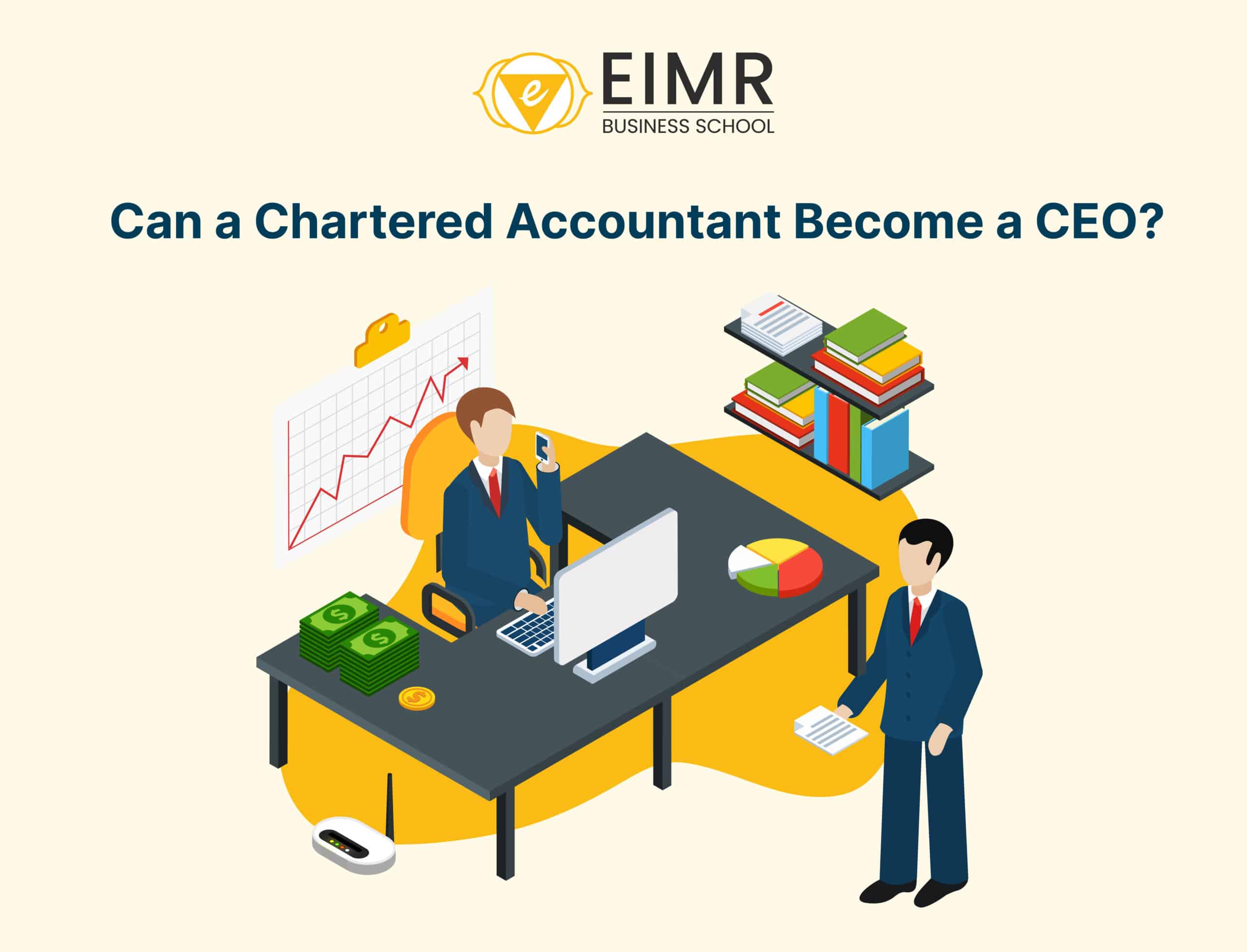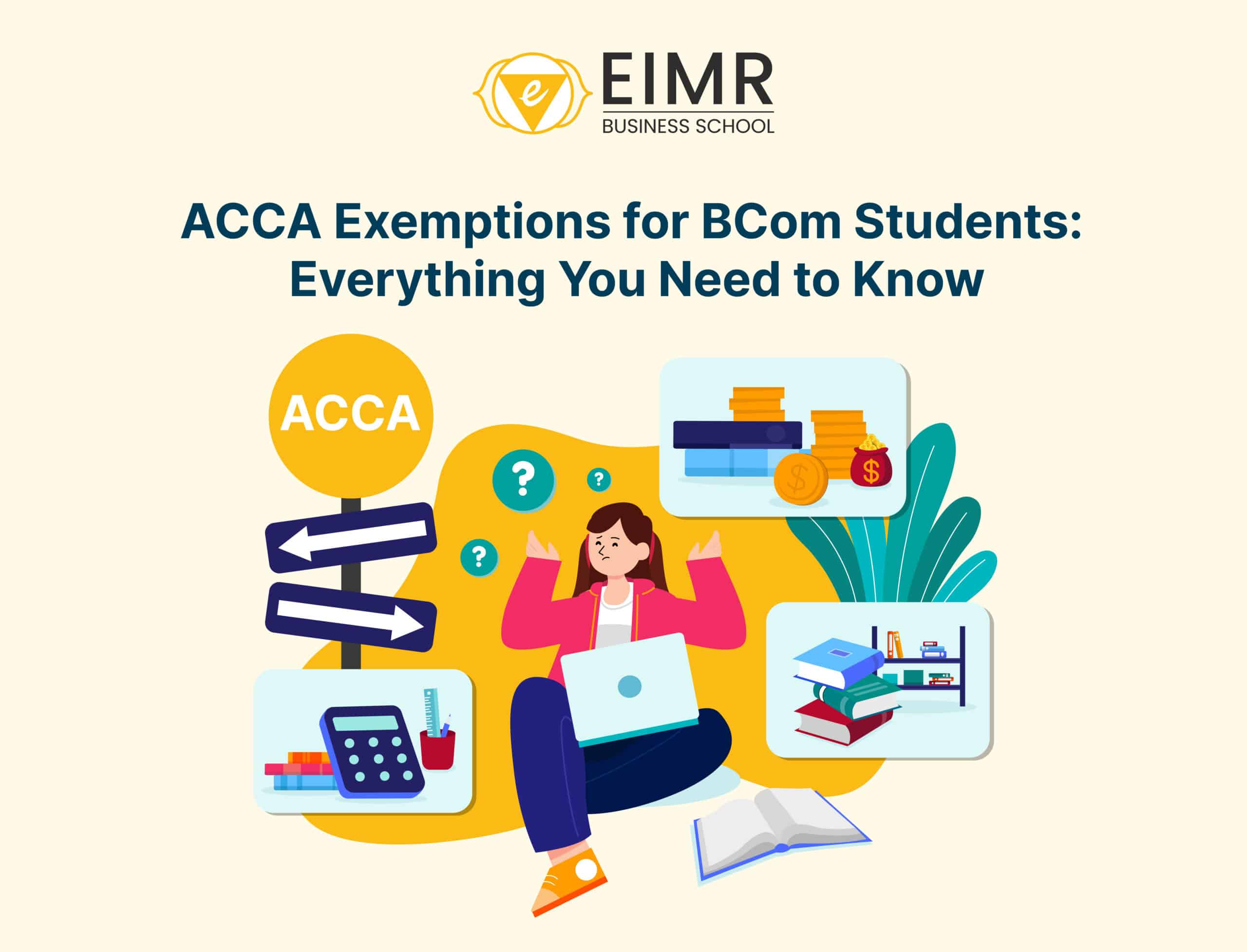If you’re considering a career in finance, accounting, or business, you’ve likely come across two popular undergraduate options: BCom and BCom with ACCA. But what exactly sets them apart? And more importantly, which one gives you the edge in today’s competitive job market?
Let’s break it down.
Understanding the Basics
BCom (Bachelor of Commerce)
This is your go-to degree if you’re looking for a strong foundation in business, finance, and economics. Over three years, students get familiar with subjects like business law, corporate finance, marketing, and accounting. It’s flexible and opens doors to careers across banking, consulting, marketing, and more.
BCom with ACCA (Association of Chartered Certified Accountants)
Think of this as an upgraded BCom, one that comes with a built-in global accounting qualification. ACCA is a UK-based professional credential recognized in over 180 countries. When integrated with BCom, it not only covers traditional commerce subjects but also dives deep into areas like auditing, taxation, financial reporting, and strategic business leadership.
This combination gives students both a degree and a professional qualification which is a solid advantage in today’s finance-driven world.
Key Differences
- Specialization vs. Generalization
A traditional BCom offers a broad perspective on commerce and business. A BCom with ACCA, however, specializes in core finance and accounting disciplines, ideal for those who want to pursue careers as chartered accountants, auditors, or financial analysts. - Career Opportunities
While a BCom can land you entry-level roles in finance, marketing, or operations, a BCom with ACCA can help you step into more specialized, globally relevant roles. Think multinational corporations, Big Four accounting firms, and finance positions in global hubs like Dubai, Singapore, and London. - Global Recognition
ACCA is a globally respected credential. With it, your resume stands out not just in India but worldwide. It’s especially valuable if you’re considering international job placements or higher education abroad. - Skill Development
BCom programs focus on academic theory with some practical exposure. ACCA adds a layer of real-world skills such as financial modeling, auditing practices, and decision-making under international accounting standards, resulting in making graduates more job-ready. - Exemptions
Some integrated programs, like the one offered at select BCom with ACCA colleges, provide exemptions from certain ACCA papers thanks to curriculum overlap. This means students can fast-track their journey to becoming fully qualified ACCA professionals.
Why Choose BCom with ACCA at EIMR?
At EIMR Business School, we believe in preparing students for the real world, not just the classroom. Our BCom with ACCA program is designed for future finance leaders who want a head start on their professional journey.
Here’s what sets EIMR apart:
- Integrated ACCA Curriculum with guided support for exam preparation
- Expert-Led Classes by chartered accountants and finance professionals
- Placement Opportunities in both startups and global firms
- Mentorship Programs with finance leaders and ACCA alumni
- Location Advantage Situated in Bangalore, India’s finance and startup capital
Our students don’t just graduate with a degree. They graduate with a globally respected qualification, practical experience, and a strong network, all within three years.
Final Thoughts
If you’re someone who wants a well-rounded business education and the freedom to explore various paths, a BCom is a great choice. But if you already have a clear focus on accounting, finance, and global careers, and want to gain a competitive edge early, then BCom with ACCA will be the better route.
And if you’re looking for the right place to start that journey, explore BCom with ACCA at EIMR, where we are bridging the gap between education and employability.







